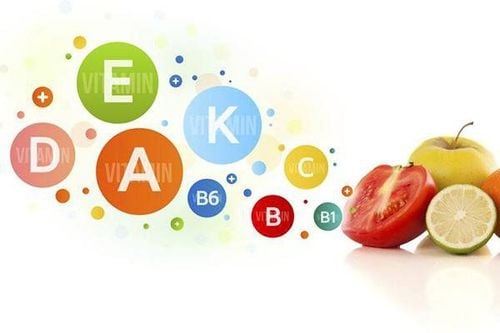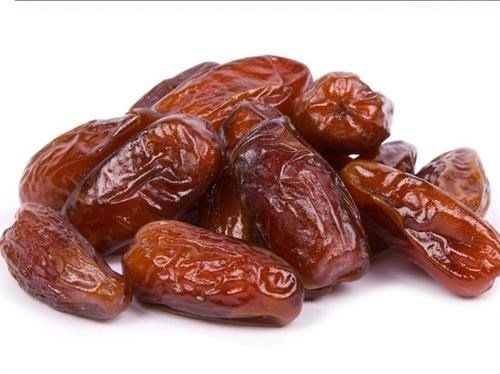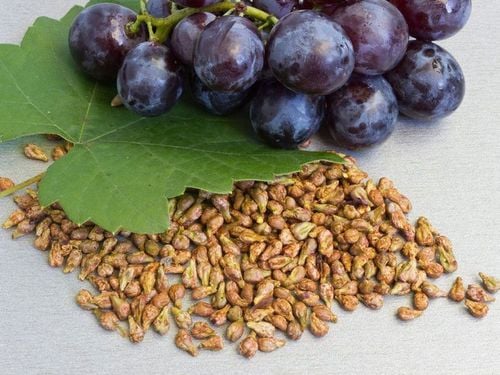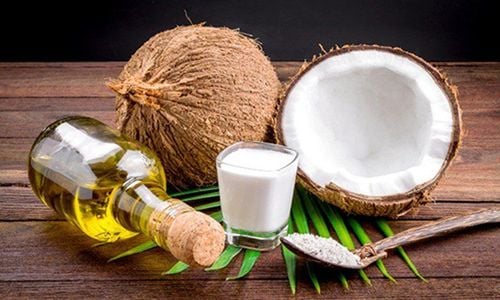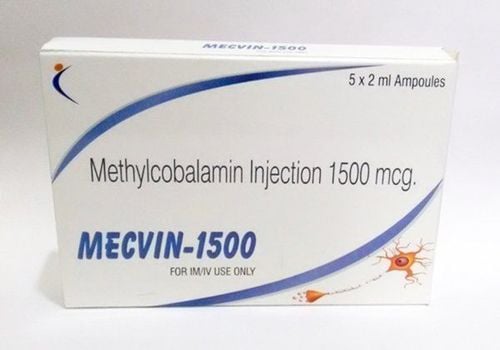1. Vitamins D
Research has shown that Vitamin D supplementation can support weight loss in obese children and reduce risk factors for cardiovascular and metabolic diseases in the future. These findings highlight the importance of Vitamin D in addressing childhood obesity and mitigating the risk of chronic health issues, such as heart disease, later in life. Moreover, insufficient Vitamin D levels can contribute to calcium deficiency in obese children, as Vitamin D is critical for the body's calcium absorption.
In addition to pharmaceutical Vitamin D supplements, parents can include Vitamin D-rich foods in their child’s diet. Examples include salmon, mushrooms, and eggs.
2. Vitamin A
Vitamin A acts as a potent antioxidant, safeguarding the body from chronic conditions. It plays a pivotal role in vision, skin health, cellular production, immune system function, and infection resistance. Studies indicate that children consuming diets rich in Vitamin A especially from plant-based sources tend to have better overall health and longevity.
To prevent Vitamin A deficiency, infants under six months should be exclusively breastfed. In cases where breastfeeding is not possible, a single dose of 50,000 IU of Vitamin A should be administered. Children aged 6–12 months should receive 100,000 IU of Vitamin A in a single dose. Children over one year old should be given 200,000 IU of Vitamin A every six months.
For older children, Vitamin A can also be provided through dietary sources such as sweet potatoes, liver, and carrots.
3. Vitamin E
Vitamin E is a fat-soluble vitamin that plays an essential role in managing obesity-related health concerns. It supports the immune system and helps the body combat infections effectively.
- Children aged 1–3 years require 9 IU of Vitamin E daily.
- Children aged 4–8 years require 10.5 IU of Vitamin E daily.
Excellent dietary sources of Vitamin E include dark green leafy vegetables (such as spinach), whole grains, and eggs. These foods are not only rich in Vitamin E but also contribute to a balanced and nutritious diet.
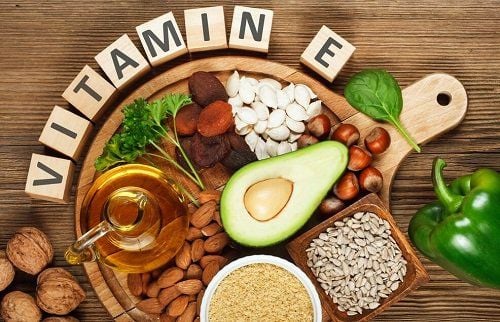
4. Vitamin B12 and folate
Vitamin B12 and folate are crucial nutrients that play a significant role in energy metabolism. Folate contributes to providing methyl groups in the diet, essential for DNA methylation and gene expression. These processes are critical for regulating epigenetic factors that influence cardiovascular risk and obesity development.
Vitamin B12 deficiency in children often manifests through non-specific symptoms such as growth delay, irritability, poor appetite, anemia, and general weakness. This deficiency may result from inadequate dietary intake or poor absorption of the vitamin.
Vitamin B12 is naturally abundant in animal-based foods such as beef liver, fish, meat, poultry, shellfish, eggs, milk, and dairy products.
5. Trace elements
- Iron: Iron is a fundamental trace element required for healthy growth and development in children. Overweight and obese children have an increased risk of iron deficiency. For infants on iron-fortified formula, the recommended daily intake is typically met. Breastfed infants may require additional iron supplementation, which should be discussed with a healthcare provider. Iron supplements can be provided as drops or as part of multivitamin formulations.
Once children begin eating solid foods (around 4–6 months of age), they should be offered iron-enriched foods like cereals, pureed meats, and beans. For older children, good dietary sources of iron include red meat, poultry, fish, legumes, and leafy green vegetables like spinach. - Zinc: Zinc is an essential trace element for the growth and development of muscles and bones. Zinc deficiency can cause growth retardation, weakened immune function, and increased susceptibility to infections. Foods rich in zinc include red meat, seafood, and whole grains.
- Selenium: Selenium serves as a cofactor for enzymes involved in vital physiological processes and supports healthy tissue and muscle function. Selenium can be obtained from foods such as wheat, oats, corn, cabbage, peas, carrots, turnips, cheese, mushrooms, salmon, and chicken.
Children with obesity face a higher risk of developing chronic health conditions. Therefore, it is essential for parents to establish a well-balanced diet, encourage physical activity and play, and ensure sufficient intake of vitamins and minerals to support overall health and prevent disease.
To arrange an appointment, please call HOTLINE or make your reservation directly HERE. You may also download the MyVinmec app to schedule appointments faster and manage your reservations more conveniently.




